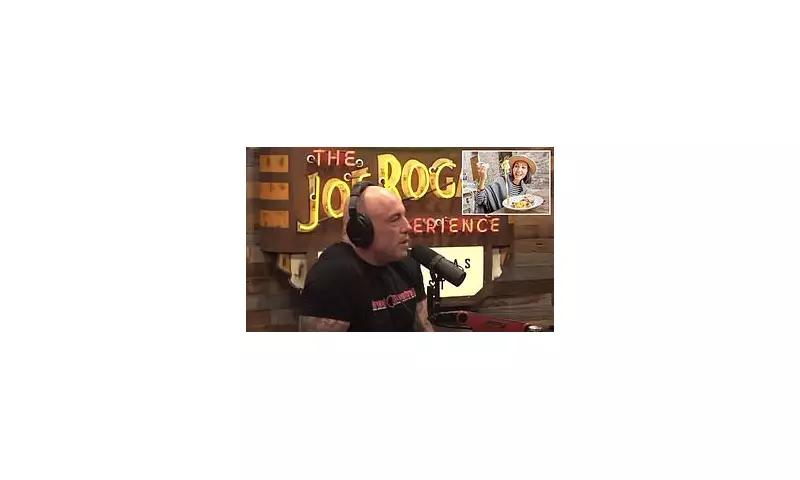
In a fiery episode that's set social media ablaze, podcast behemoth Joe Rogan has delivered a scathing indictment of the American food industry, declaring the standard US diet to be outright "poison" compared to its European counterparts.
The Stark Transatlantic Divide
Rogan didn't mince words during his latest broadcast, drawing direct comparisons between food quality in the United States and Europe. "When you eat in Europe, you're eating real food," he asserted. "When you eat in America, you're eating poison that's been designed to never go bad."
The controversial host pointed to specific examples of ingredients banned in European countries but routinely used in American products. His comments have reignited the long-standing debate about food safety standards across the Atlantic.
Chemical Cocktail or Safe Consumption?
Rogan highlighted several concerning additives permitted in US foods that face restrictions overseas:
- Potassium bromate in bread products
- Artificial food colourings linked to hyperactivity
- Growth hormones in meat production
- Various preservatives with questionable health impacts
"They're putting chemicals in our food that other countries have determined are too dangerous for human consumption," Rogan claimed, his voice rising with indignation.
Audience Reaction and Industry Implications
The podcast episode has generated massive engagement across platforms, with viewers divided between those applauding Rogan for "speaking truth" and others accusing him of anti-American sentiment and fear-mongering.
Nutrition experts have weighed in on both sides of the debate. Some support Rogan's concerns about processed foods, while others argue that context and dosage matter significantly when evaluating food safety.
This isn't the first time Rogan has taken aim at the American food system, but the timing and intensity of his latest comments suggest a growing frustration with what he perceives as regulatory failure.
The Bigger Picture: Health Crisis Connections
Rogan connected the quality of American food to broader health issues, suggesting that the "poisonous" diet contributes significantly to the nation's healthcare challenges. His comments come amid rising obesity rates and increasing diagnoses of diet-related illnesses across the United States.
As the conversation continues to gain traction, many are wondering whether this high-profile criticism might spark meaningful dialogue about food regulation reform or simply add to the noise of nutritional misinformation.





